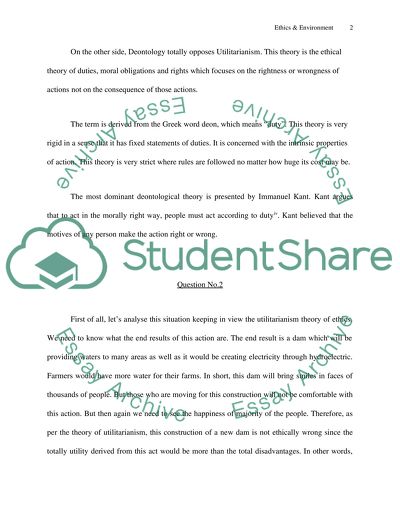Cite this document
(“Ethics and Environment Essay Example | Topics and Well Written Essays - 2000 words - 1”, n.d.)
Retrieved from https://studentshare.org/miscellaneous/1557003-ethics-and-environment
Retrieved from https://studentshare.org/miscellaneous/1557003-ethics-and-environment
(Ethics and Environment Essay Example | Topics and Well Written Essays - 2000 Words - 1)
https://studentshare.org/miscellaneous/1557003-ethics-and-environment.
https://studentshare.org/miscellaneous/1557003-ethics-and-environment.
“Ethics and Environment Essay Example | Topics and Well Written Essays - 2000 Words - 1”, n.d. https://studentshare.org/miscellaneous/1557003-ethics-and-environment.


